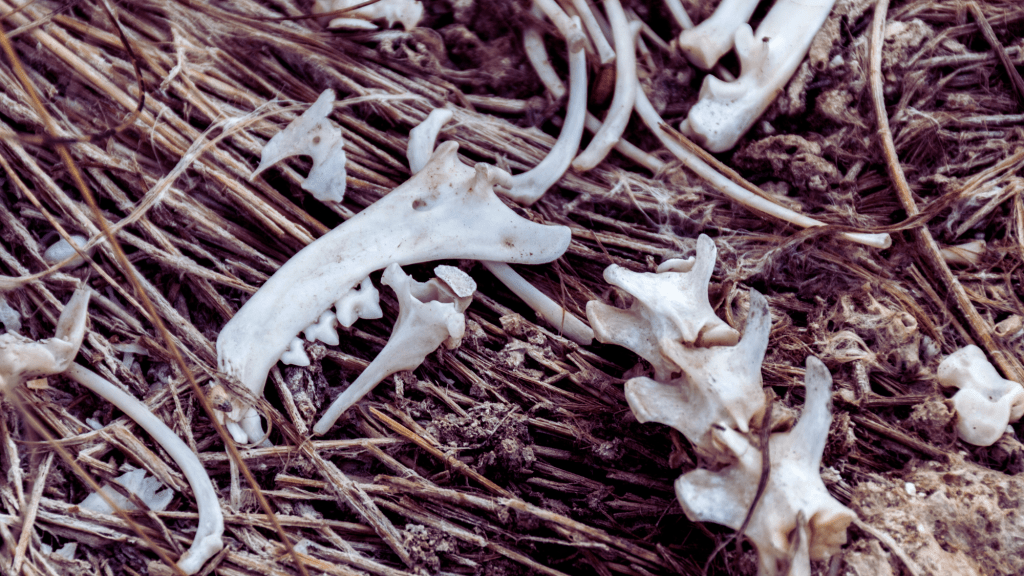New Jersey produced the two of the greatest Bosses in American culture and they both chose the same right-hand man. Steven Van Zandt was best known as a member of Bruce Springsteen’s E Street Band until he was cast, despite having no prior acting experience, as Tony Soprano’s consigliere Silvio Dante. With his unrufflable demeanour, face like a Greek tragedy mask and a mean way with a Michael Corleone impression, Van Zandt had been Sopranos creator David Chase’s original choice to play Tony himself.
I don’t know about you but if the two main entries on my CV were “E Street Band” and “The Sopranos” I’d probably take the rest of my life off. Not so for Van Zandt. In the early 80s he formed his own band, Little Steven & The Disciples of Soul, who this month return with new album Summer of Sorcery. Politically outspoken in his music for years (see 1985 anti-apartheid protest anthem “Sun City”), he’s now a more recent vocal opponent of Brexit, saying in 2018 that he hopes for a second referendum and that “the citizens of the UK realise this is a huge mistake”.
Videos by VICE
When we meet for coffee at the Sunset Marquis in West Hollywood Van Zandt arrives wearing a purple bandana and Technicolor scarf, his neck festooned with Mardi Gras beads, and proceeds to hold court on why he didn’t end up playing Tony Soprano, how he saved “Born to Run” and what it’s like getting married when your priest is Little Richard – which, quite frankly, WTF.

VICE: In the new documentary Asbury Park: Riot, Redemption, Rock n Roll you go back to an underage venue called the Upstage Club where you spent a lot of your early summers. How important was it to have that space as a young musician?
Steven Van Zandt: It was a miracle. Bruce discovered the Upstage Club and told me about it. He said: ‘You’ve got to come down, it’s crazy! It’s open ‘til 5AM.’ Everybody would go there to jam. Jamming was the thing. That’s why I don’t jam to this day. I jammed eight hours a night every night back then. Give me a two-and-a-half minute song, please.
So you already knew Bruce by that point?
Yeah, we’ve been friends since ‘65. I had a band, he had a band. If you had a band in those days, you were friends.
Was it already obvious when you were teenagers that he was going to become Bruce Springsteen as we know him today?
Umm, no. He was extremely quiet. Very grunge-like. He had long hair and he just looked down at his feet when he played. There was no entertainment value. We hung out a lot and then at a certain point I just felt he had something special about him. We were the only freaks, misfits and outcasts who were left standing, saying: ‘We don’t fit in anywhere. We better cling to this rock’n’roll thing, I don’t care how big a longshot it is.’ And it was a longshot. It was important to me to have at least one other person who felt like me.
He once said that your work on “Born to Run” was “arguably Steve’s greatest contribution to my music”. Is it true you wrote that guitar part?
No! I wish! It’s a long story, but basically… I fixed it. His career was in danger. He had to save it with this one song, so he put everything into it. They worked on it for months; the mix alone was weeks. So after all that he calls me and says: ‘You’ve got to come up and hear my new song.’ He plays it. I’m like: ‘That’s great! I really love that minor key riff! It’s so Roy Orbison, or like something the Beatles would have done.’ He looks at me like: ‘What minor riff?’ I go: ‘You know, the minor chord in the riff!’ He goes: ‘There’s no fucking minor chord in the riff, what are you talking about?’
What it was is that he was bending a note, like a Duane Eddy thing, with a lot of reverb. You could hear where he was bending from but you couldn’t hear where he was bending to. They’d probably added more reverb as they went, and by the time they did the final mix you couldn’t hear it. Finally, he hears it! He was like: ‘Oh my fucking God!’ He broke the news to the powers that be. Oh, did they hate me. They had to redo it. He credits me with saving his career, which I probably did – more than once, by the way! It was really just a matter of fixing something. It changed the emotion of it. It was still great before, but it wasn’t quite as uplifting.
I saw someone play your song “I Am a Patriot” [from 1984’s Voice of America] at an environmental campaign event recently and it got a really mixed reaction. I think a lot of people the word ‘patriot’ meant it must be a song for Trump supporters.
That’s the whole point. That same crowd thought “Born in the USA” was a Ronald Reagan campaign song. That song is about the difference between patriotism and nationalism. It was important to write it because I was being very critical of the government for many years, and I wanted to make it clear I was being critical from a patriotic point of view, in the true sense of the word, which is making sure the country sticks to its ideals. The country’s ideals come before the political party. We’ve forgotten that completely. It’s not about whose football team fucking wins. That system has been a mess here, and it’s a disaster with Brexit.
What’s your solution to Brexit?
I actually have a solution. First of all, they should bring in a third, objective party to arbitrate this, which no-one wants to do. If it was me, I’d spend two days with the Leave people and hear all their complaints. I’d spend two days with the EU and find out what’s going on there. Then I would have a solution within a week. I’m not kidding. Now, whether they would execute this solution is another matter. I was particularly pissed off that none of the Leave people gave a fuck about Ireland. ‘Fuck Ireland, fuck Scotland, fuck everybody.’ I’m looking at this going: ‘You really think you’re getting the British Empire back you fucking assholes?’ What’s next, are you going to annex India?
Is it true you originally auditioned for the part of Tony Soprano?
Yeah, and I got it.
You got it? What happened?
HBO said to David Chase: ‘Are you out of your fucking mind? We’re making the biggest investment of our lives.’ People don’t remember, HBO was a very small channel with a football show on. They were nothing. This was $30 million, which is probably half an episode of Game of Thrones now but at the time was a big seasonal commitment. He’s picking a guy who’s never acted before!
He came to me and said: ‘They won’t let me cast you. What else do you want to do?’ I said: ‘Now that I think about it, I’m feeling kind of guilty taking an actor’s job. They work their whole lives for this. I’m just a guitar player off the street.’ He said: ‘I tell you what, I’ll write a new part specifically for you so you’re not taking anyone else’s job.’ I had a treatment for a script that I’d been working on about an independent hitman named Silvio Dante who is semi-retired and has a club similar to the old Copacabana. It’s set in the present day but he kind of lives in the past. He’s a traditionalist, so it’s big bands, chorus girls, Jewish Catskills comics, the whole thing. Chase went away and thought about it and when he came back he said: ‘We can’t afford it. How about a strip club? You’ll run the strip club for the family.’ So that’s how the Bada Bing was born.
Would it be fair to say that Silvio and Tony’s relationship is roughly the same as yours and Bruce’s?
Yeah, I used that. We decided that he’s gonna be the consigliere, chief advisor and best friend so I wrote a whole story about them growing up together. My character was the only one on the show who didn’t want to be the boss. He’s very happy being behind the scenes. I knew very well what that dynamic is like, being the only guy not afraid of the boss. You gotta be the one to bring the bad news occasionally, and get the ire or the anger directed at you. I was quite used to that position, so I used that. It worked out quite well actually. It’s amazing. I miss Jimmy [Gandolfini] every day, we were so close. He was such a life force. It’s still hard to believe.
One last question: When you married your wife Maureen [who’d later play onscreen Sopranos wife Gabriella Dante] in 1982, the ceremony was presided over by Little Richard. What’s a wedding like when the priest is Little Richard?
I can describe it in one word: chaos. Two words: blissful chaos. Of course he lied and said he’d done it before. We picked a short sermon for him and he just went on and on. He’d become a preacher in ‘59, but it was one of those evangelical things… so I’m probably not legitimately married. Which, you know, [stage whisper:] I don’t want to say was part of the plan. But yeah, it was real rock’n’roll. Percy Sledge sang “When a Man Loves a Woman” when we walked down the aisle. We had Little Milton playing in one room, the band from The Godfather in another room. It was quite a scene.
Haha, I can imagine. Thanks Steven!
Little Steven and The Disciples of Soul’s ‘Summer of Sorcery’ is out now. They tour the UK from the 16th to 25th of May.
More
From VICE
-

Photo: duncan1890 / Getty Images -

Photo: Jorge Garc'a /VW Pics/Universal Images Group via Getty Images -

Three-Telescope View of the Sun. Photo: NASA -

Photo: Maria Teresa Tovar Romero / Getty Images
